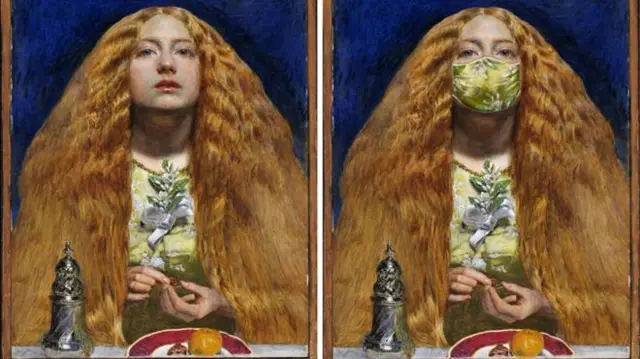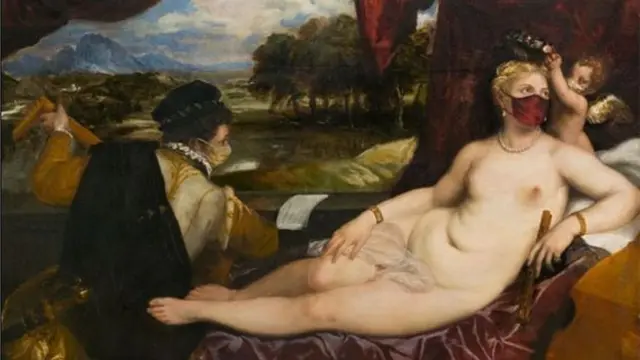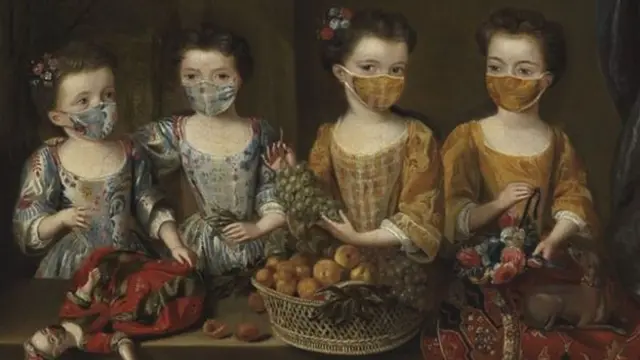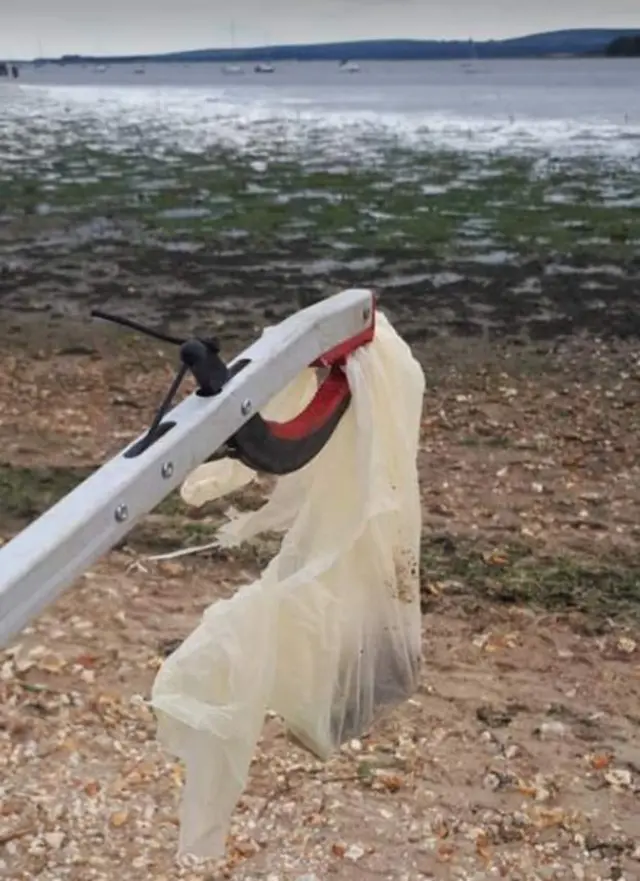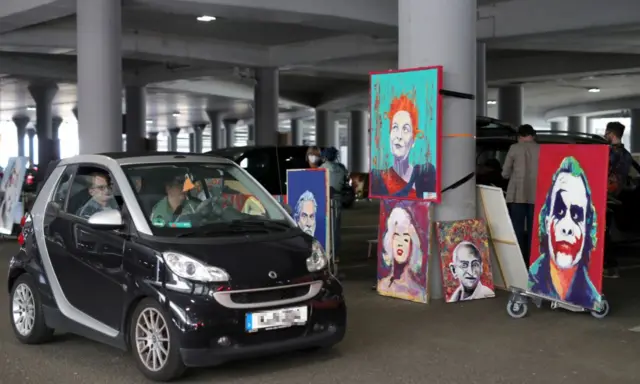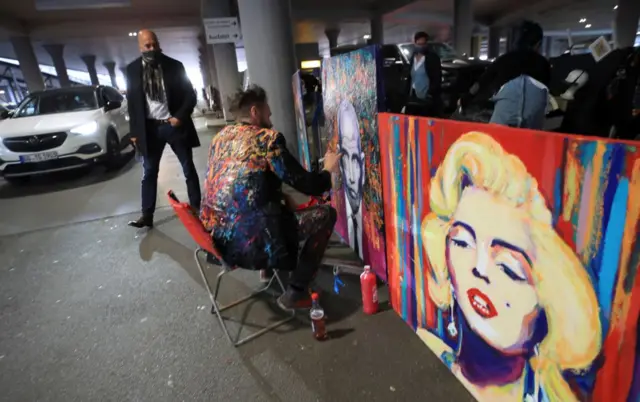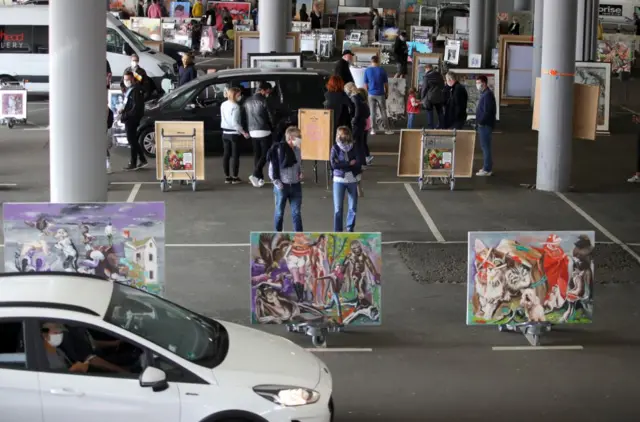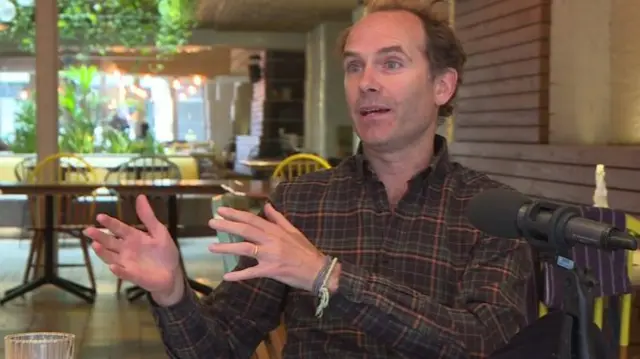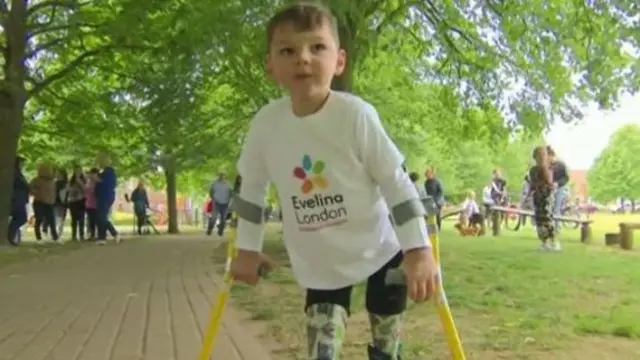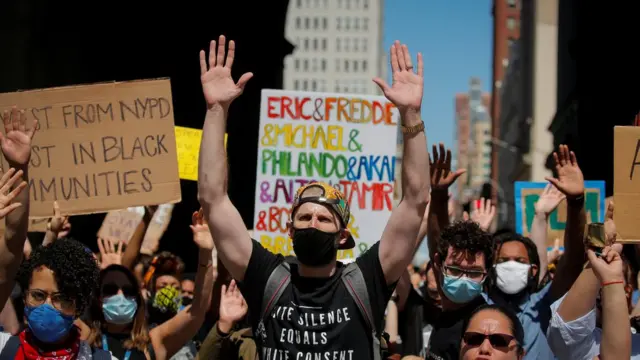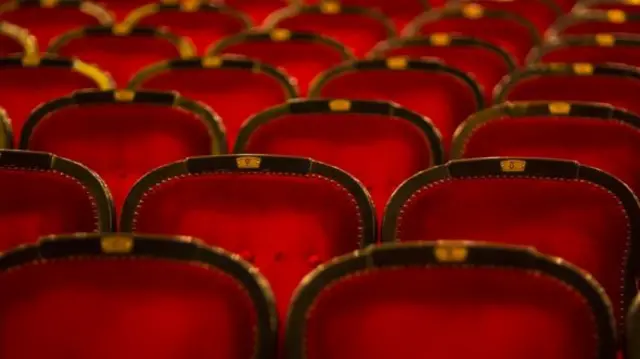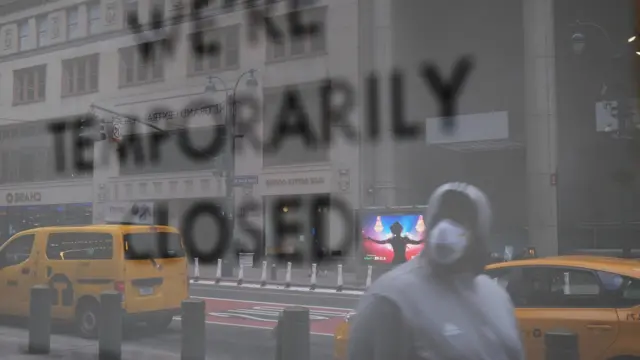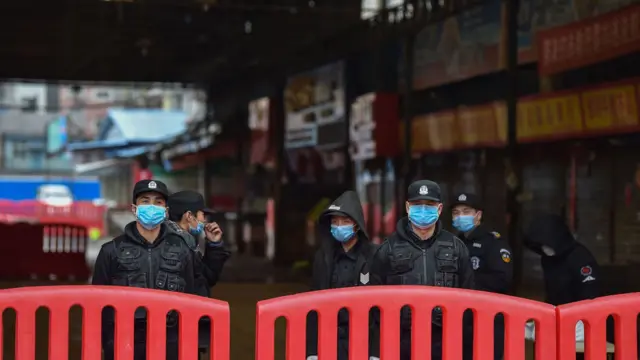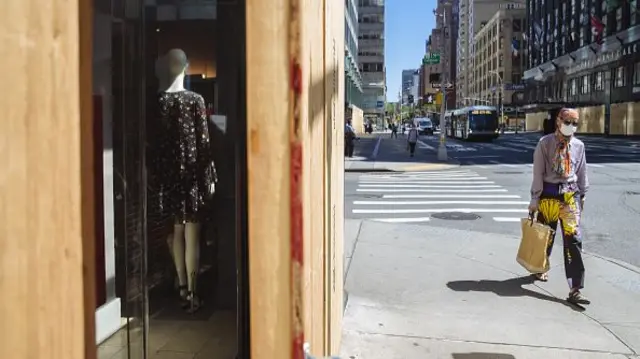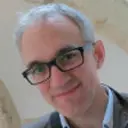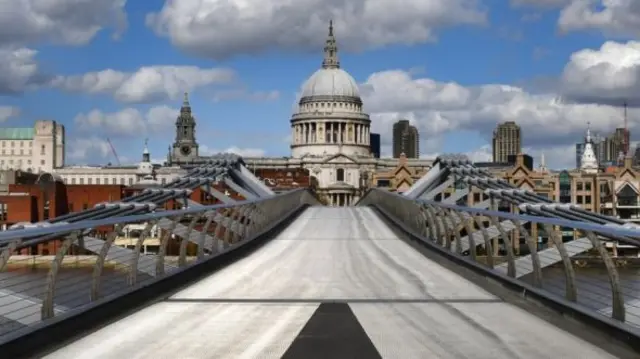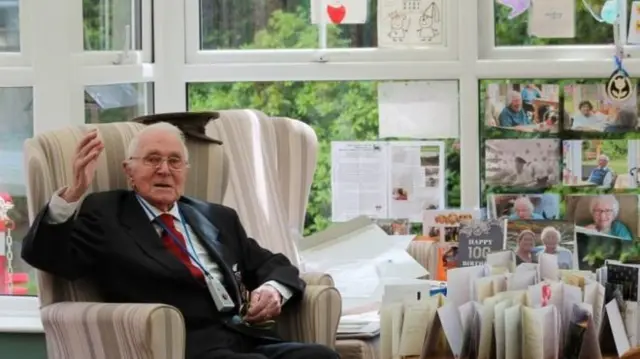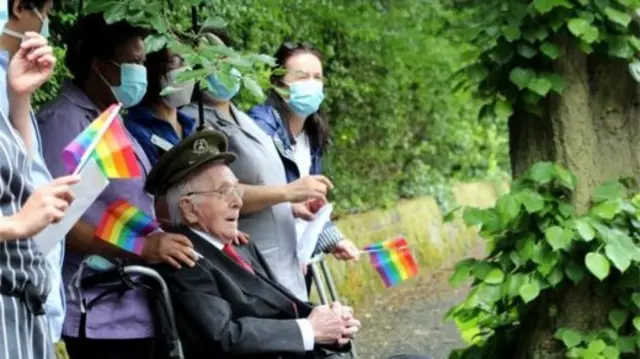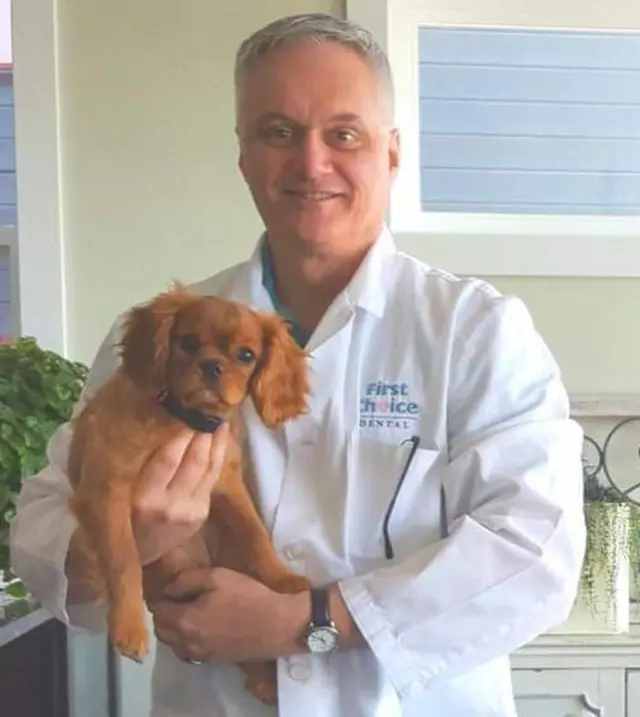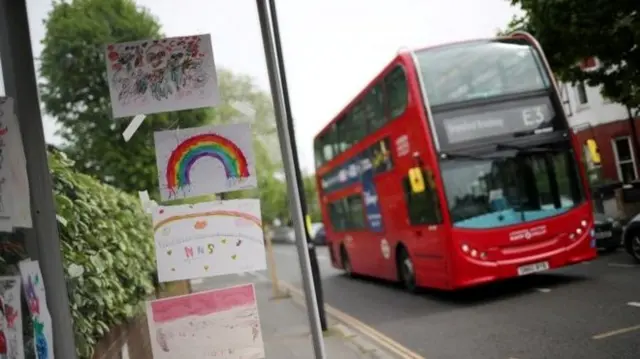We're pausing our live coveragepublished at 22:32 BST 8 June 2020
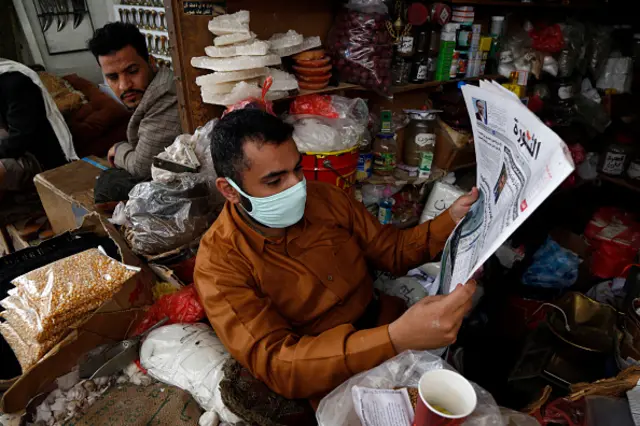 Image source, Getty Images
Image source, Getty ImagesThat's it from us for today, thank you for joining.
We leave you with a sobering warning from the World Health Organization (WHO).
More than seven million cases of coronavirus are now confirmed worldwide, along with 404,000 virus-related deaths. And despite progress in tackling the virus in Europe, the WHO says the pandemic is "worsening" globally. "More than six months into this pandemic, this is not the time for any country to take its foot off the pedal," WHO head Tedros Adhanom Ghebreyesus said in Geneva.
Today's updates were brought to you by our team of reporters in the UK, Singapore, Australia and the US: Anna Jones, Owen Amos, Jay Savage, Aparna Alluri, Andreas Illmer, Yvette Tan, Saira Asher, Henri Astier, Stephen Sutcliffe, George Wright, Kevin Ponniah, Vicky Baker, Michael Emons, Becky Morton, Claire Heald, Matt Cannon, Josh Cheetham, David Walker, Holly Honderich and Paulin Kola.
We'll be back soon. Until then, you can follow the latest developments on our website.
